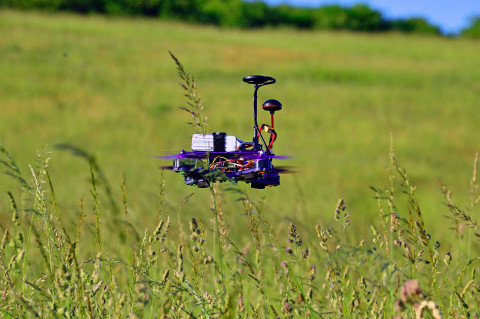
The European Commission released its market brief on fertiliserstoday. Focussing on the economic and environmental impact of fertilisers, the brief found that their use in the EU has stabilised in recent years. However, the adoption of precision farming technologies offers potential for more efficient usage.
The economic benefits of a more efficient application of fertilisers are clear. The price level of fertilisers can have a significant impact on farmers as they account for an average of 10% of consumption costs. Additionally, the cost of nitrogen fertiliser is heavily dependent on the price of natural gas, as this represents 60% to 80% of the production costs. For the agriculture sector, this increases their exposure to volatile world energy prices.
In terms of usage rates, fertiliser use dropped substantially during the 1990’s and 2000’s due to the market-orientated reforms of the Common Agricultural policy. This decrease has begun to plateau, the report notes. This levelling out has been primarily due to a slight growth in usage amongst member states who most recently joined the EU (the EU-N13: Bulgaria, Croatia, Cyprus, Czech Republic, Estonia, Hungary, Latvia, Lithuania, Malta, Poland, Romania, Slovakia and Slovenia). It has counteracted the downwards progression of the other 15 member states.
Despite 90% of the fertilisers used in the EU being produced domestically, the EU is still a net importer. The majority of supplies come from Northern Africa, Russia and the US. Phosphate fertilisers are imported to the EU from Morocco and Russia and potash based products come mainly from Russia and Belarus.
The environmental impact of fertiliser usage is mixed. When used appropriately, their use can increase the production of biomass, help capture more carbon dioxide, while simultaneously increasing yields. These increased yields also reduce the pressure on land by allowing more food to be produced in a smaller area, which in turn reduces emissions. Nonetheless, excessive fertiliser use can have negative impacts. This can lead to nitrogen leakage in water courses, and disturb the equilibrium of surrounding ecosystems.